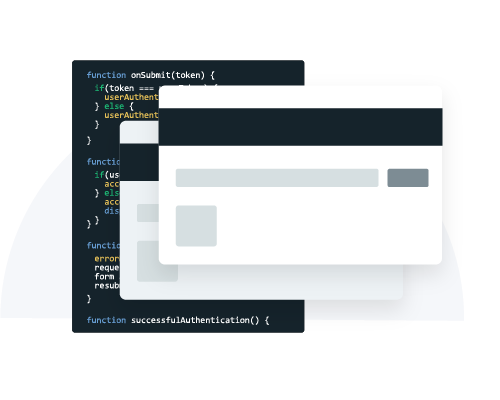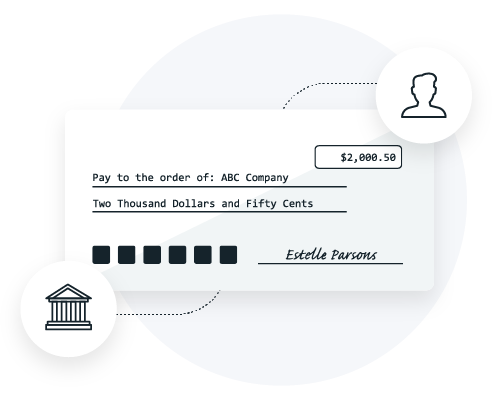Collecting payments with online forms is easy, but first, you have to choose the right payment gateway. Browse the providers in our gateway credit card processing comparison chart to find the best option for your business. Then sign up for Formstack Forms, customize your payment forms, and start collecting profits in minutes.
Online Payment Gateway Comparison Chart
NOTE: These amounts reflect the monthly subscription for the payment provider. Formstack does not charge a fee to integrate with any of our payment partners.
Choosing an Online Payment Gateway: 4 Major Factors
When choosing the best payment gateway, there are four major factors you need to consider: transaction fees, card types, on-form payments, and recurring billing. These factors will vary by processor, so make sure you choose one that meets your needs and budget.

Transaction Fees
When processing a payment, some payment gateways keep a small part of the charge for letting you use their app. You'll either pay a flat processing fee per transaction, an established percentage from each purchase, or a combination of both charges.

Card Types
It's important to know what types of credit or debit cards (or other payment methods) are accepted by your chosen online payment gateway. Additionally, some processors require users to link their bank accounts rather than entering a card.

On-Form Payments
If you use a pre-built form integrated with a payment gateway to collect your funds, pay attention to this factor. Some gateways will collect the payment right on the form, while others will direct users to another page to complete the purchase.

Recurring Billing
Recurring billing gives you the ability to set up a payment that reoccurs over a set period of time. Examples of companies that might need this feature include subscription-based companies or nonprofits who have repeat donors.
Are you looking for a user-friendly form solution to do the heavy lifting? Tim is here to say you've landed in the right place.
Payment Gateway Comparison: Know Your Fees
Different payment gateways have different cost structures, but you will encounter a few standard charges during your research. Read on to learn about the different charges you must account for in your payment gateway comparison.

Transaction Fees
Even some of the best payment gateways keep a small part of the charge for letting you use their app. You will either pay a flat fee per each transaction, an established percentage from each purchase, or a combination of both charges.

Monthly Fees
Some online payment gateways will charge a subscription fee to let you collect money with their app. This monthly charge might vary based on the volume of payments being processed or the number of bank accounts where the payments are going.

Setup Fees
Setup fees include any costs that might be associated with setting up your payment gateway account. Unlike transaction fees and monthly fees, you will only need to pay this fee once.
Merchant Account vs. Payment Gateway
Merchant accounts and payment gateways both provide ways to collect money from your customers, but they do it in very different ways. It's important to know the difference between the two as you assess the ways to manage your company's funds.

Payment Gateway
For every credit card transaction online and in-store, a service must communicate with the customer's credit card company to check for sufficient funds. In-store, typically, a POS (point of sale) machine performs this action. For online transactions, a payment gateway verifies the funds.

Merchant Accounts
A merchant account is a lot like a bank account, but its purpose is to collect funds from credit card payments until they are transferred to a normal business bank account.









